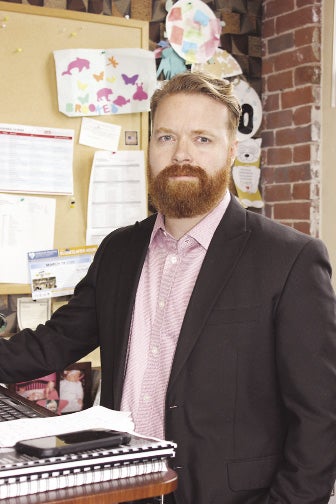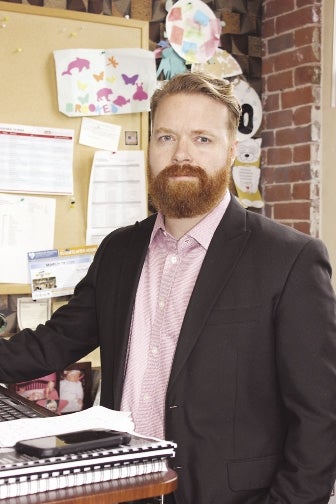Impact is made by people who show up. It isn’t always easy, but the first step is making your voice heard. The NAACP certainly is.
Get Instant Access to This Article
Subscribe to Worcester Business Journal and get immediate access to all of our subscriber-only content and much more.
- Critical Central Massachusetts business news updated daily.
- Immediate access to all subscriber-only content on our website.
- Bi-weekly print or digital editions of our award-winning publication.
- Special bonus issues like the WBJ Book of Lists.
- Exclusive ticket prize draws for our in-person events.
Click here to purchase a paywall bypass link for this article.
In the late afternoon on Friday, March 4, I was scanning my email before signing off for the weekend, when I came across a press release from the City of Worcester, announcing the impending departure of its chief diversity officer, Stephanie Williams. I thought, “Didn’t she just start?”

Rather than trying to quickly turnaround the news announcement into a web-first story right away, I shot a note to WBJ’s reporters, telling them to check further into the situation when they got back to the office on Monday. Before the weekend was over, the NAACP’s Worcester Unit already responded, berating the City in a fiery letter over Williams’ departure, bemoaning the high turnover of three CDOs in six years. You can read that NAACP letter here. That letter led to a response from the community organization Black Families Together, calling for an assessment of the position. The City’s own Diversity & Inclusion Advisory Committee suspended its operations in protest, and the City Council called for an outside review of the CDO powers and responsibilities before Williams is replaced.
The topic of burnout among chief diversity officers has been touched upon lightly by WBJ’s coverage in the past, and we started working on a more substantial story in the wake of Williams’ resignation. Prior to March 4, though, WBJ’s team of reporters started research on the articles for this edition, including correspondent Sarah Connell Sanders’ “Infiltrating Worcester’s inner circle” story.
Connell Sanders’ story was initially conceived as a look at the regular unofficial meetings held between various groups of Worcester powerbrokers. She cleverly took this conceit and framed it into a narrative about how influence is held by people who regularly show up, suggesting the headline, “Infiltrating Worcester’s inner circle might be easier than you think”. I loved this headline, as well as Connell Sanders’ suggestion to WBJ readers that they seek to join one of these meetings.
After Williams’ resignation, I realized the optimistic messaging in Connell Sanders’ story could be read in a different way. The concerns of the NAACP include not being given true access to the halls of power; they are given a forum to voice their opinions and advice, but they aren’t actually listened to. Connell Sanders still had written a compelling story I wanted to publish, but given this new context, I pulled back the messaging, with the shorter headline “Infiltrating Worcester’s inner circle”.
Connell Sanders is right: impact is made by people who show up. It isn’t always easy, but the first step is making your voice heard. The NAACP certainly is.

